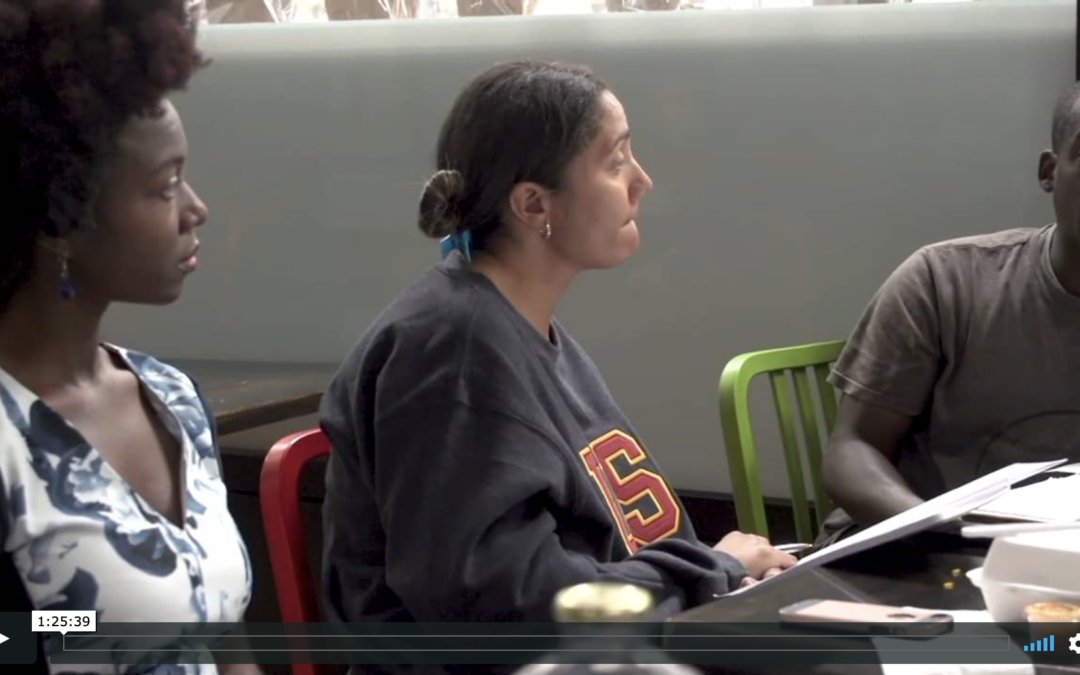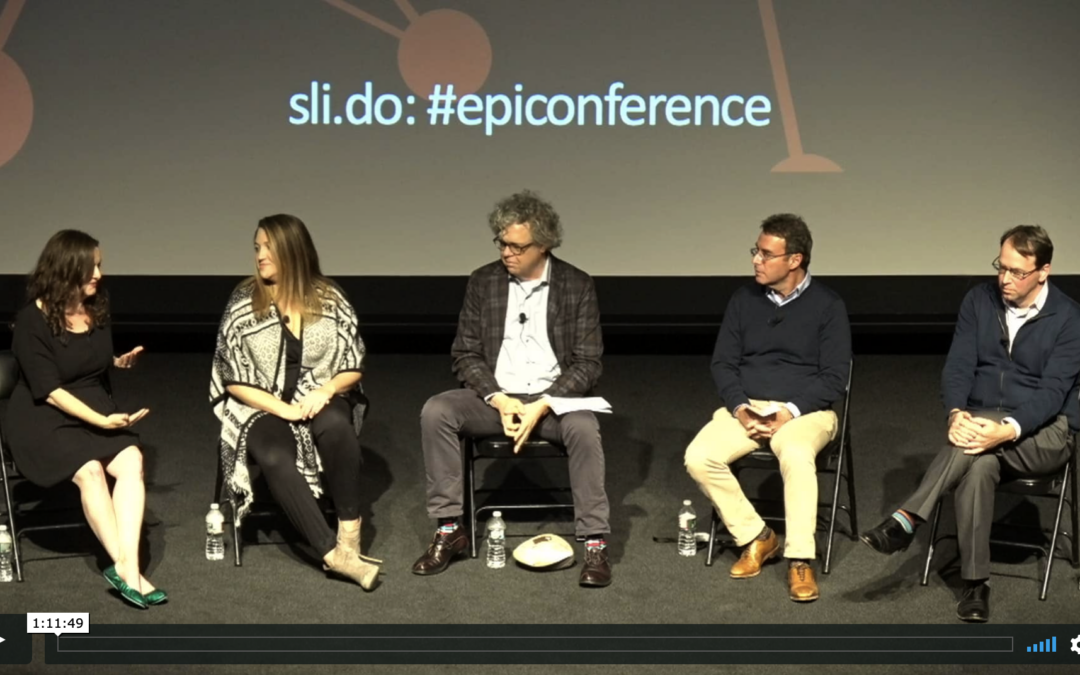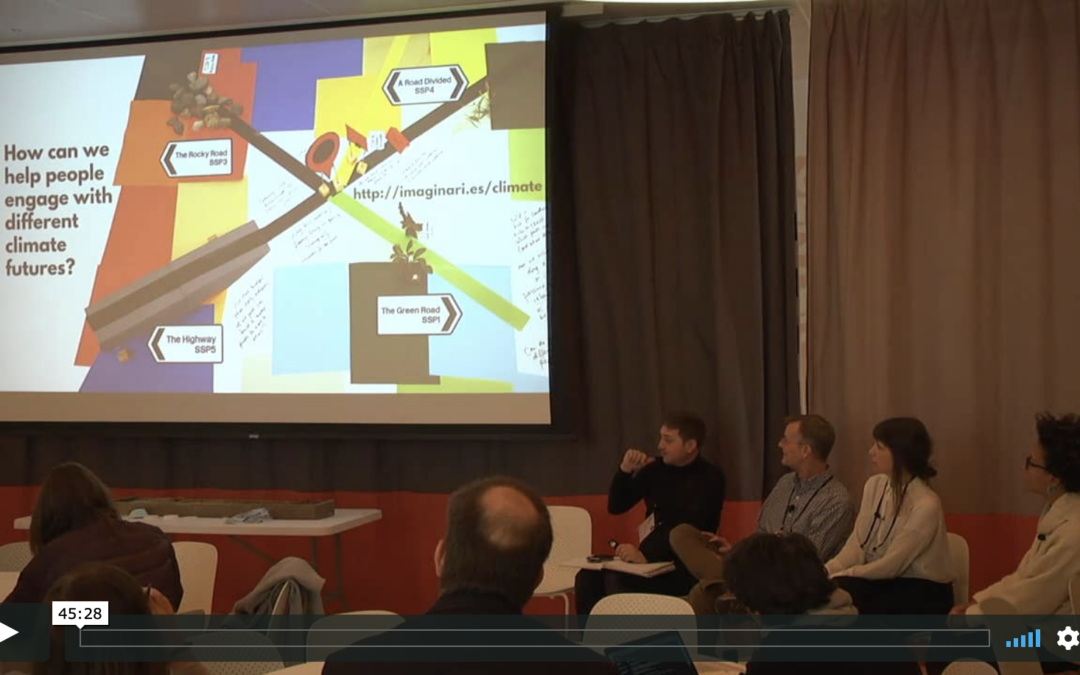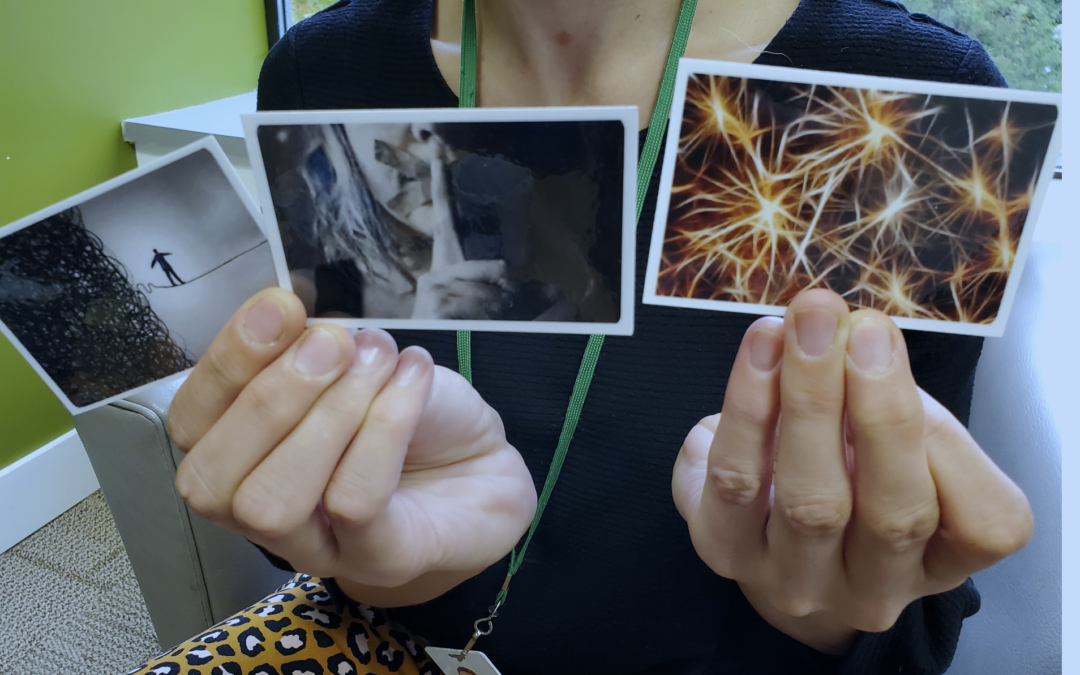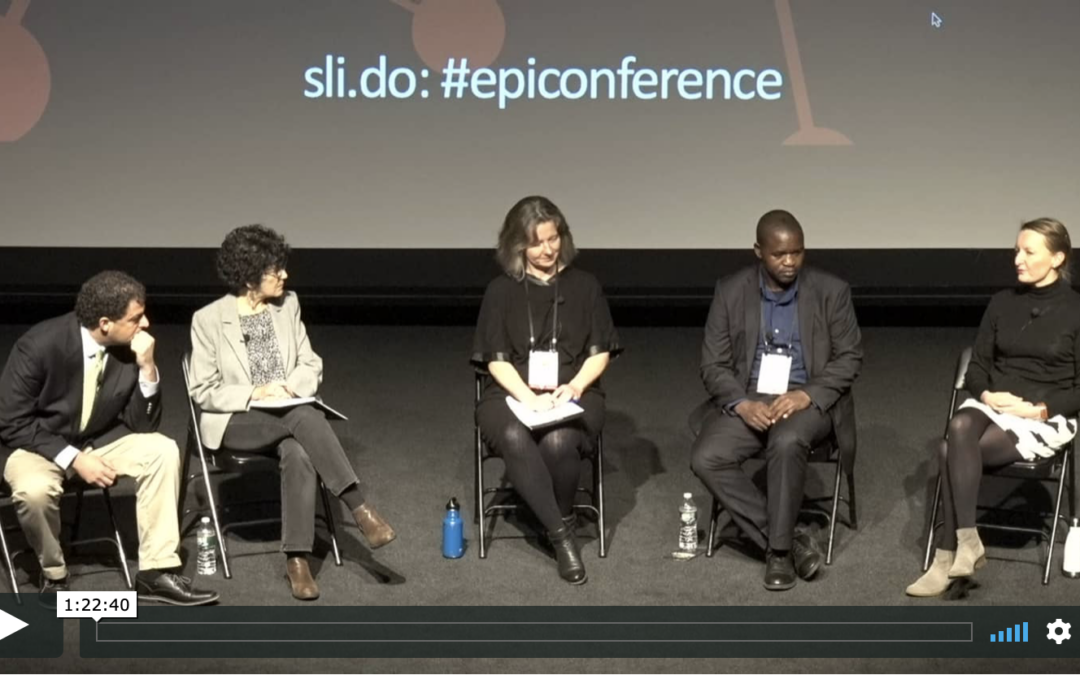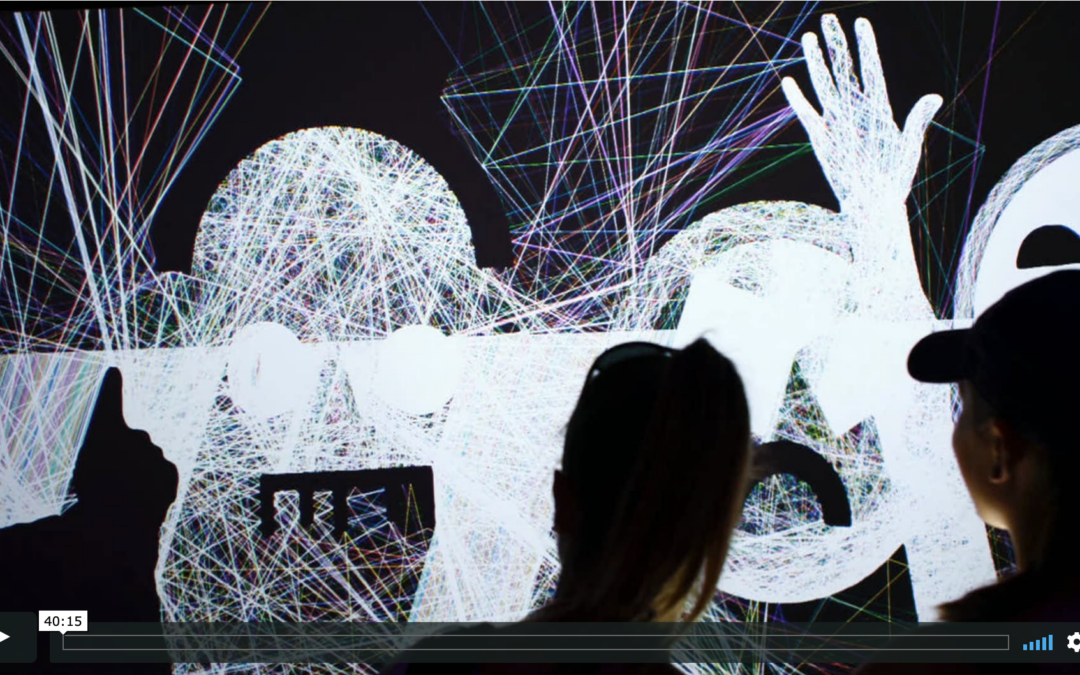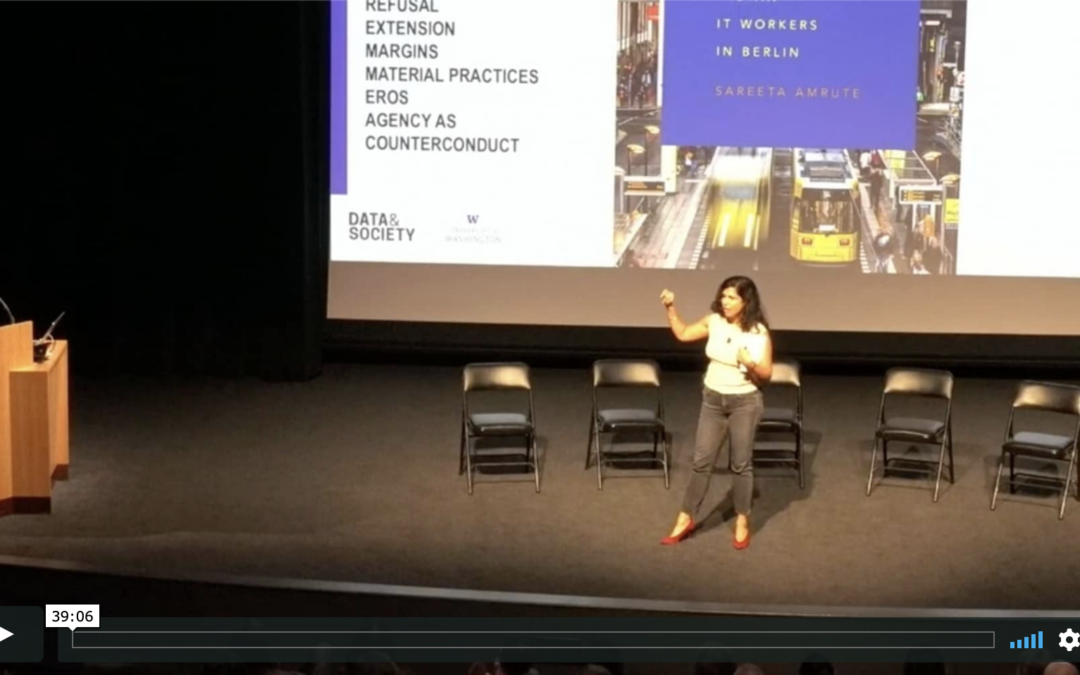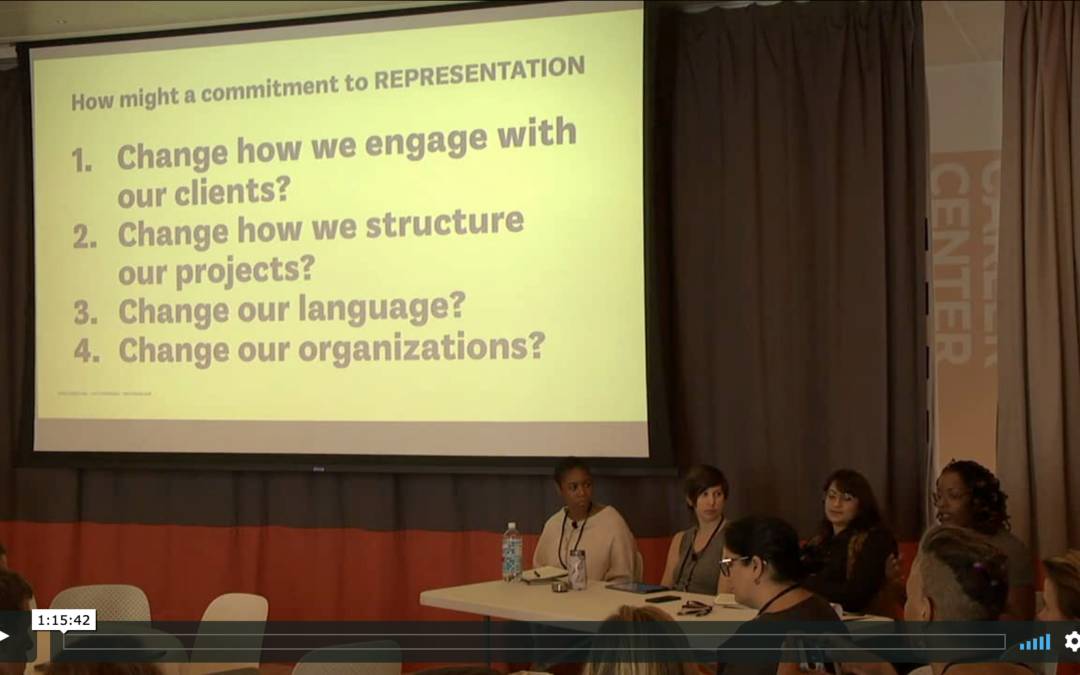The film session at EPIC explores the ways ethnographic practitioners have used moving images to interpret data, share insights, and tell the stories of their work. Filmmakers showcase these forays in visual storytelling by screening examples and discussing the limits and possibilities of the...
